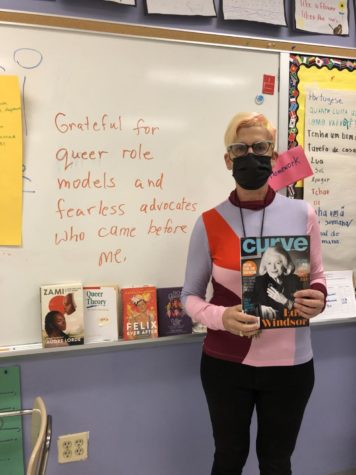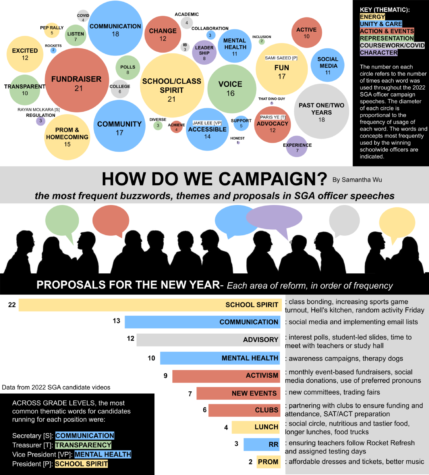Omicron generates mixed reactions
The discovery of the Omicron variant in late November has sparked worldwide apprehension, with nations imposing floods of travel restrictions and scientists scrambling to gather data. The World Health Organization promptly labeled it a “variant of concern” alongside Delta. However, weeks after its initial identification in South Africa, the variant– and the appropriate response to it– largely remains an enigma.
A retesting of older samples reveals that the first cases of the virus may have originated in Europe, and STAT health news indicates that Botswana and South Africa’s strong regional genetic sequencing networks may have led to the initial detection of the virus.
What experts currently know is that this latest variant is spreading much more rapidly than earlier ones. Mathematical models reveal that Omicron’s propagation rate (Rt) is nearly 2.5 times that of Delta and already constitutes three quarters of new COVID-19 cases in South Africa. “It is actually really striking how quickly it seems to have taken over,” said Juliet Pulliam, epidemiological modeling director at Stellenbosch University.
According to analysts, this is probably attributable to two factors: the variant’s high transmissibility and its ability to evade antibodies produced from previous infection or vaccination. Although there is not yet enough evidence to conclude how significant of a role each of the two factors plays, the likelihood of the latter has led to unease.
“At first when I heard about Omicron I was definitely nervous,” said junior Saahil Rao.
Concerns about the variant’s resistance to vaccines are grounded in the fact that it contains a novel combination of over thirty mutations in its spike protein, the segment that allows the virus to bind to human cells. Since the spike protein is what vaccines primarily target, the unusually large number of mutations on Omicron’s spike gives the variant a greater chance of being able to circumvent antibodies.
Such speculation has reframed the deliberation of booster vaccines. Many experts who originally considered boosters unnecessary now argue that the uncertainties posed by Omicron make the extra dose a viable precaution until researchers find more answers. “Based on what we know about the potential for immune evasion, I would err on the side of giving the booster” Dr. Celine Gounder, infectious disease specialist at Bellevue Hospital Center, told the New York Times.
Conversely, some scientists doubt that current boosters would be effective against Omicron. “Right now, there is no evidence that I’m aware of that would suggest that boosting the entire population is going to provide any greater protection to otherwise healthy individuals against hospitalization or death,” said Dr. Mike Ryan, a director at the World Health Organization.
Early research from South Africa indicates that the newest variant likely does blunt the efficacy of vaccines. But based on blood samples from a small laboratory study, Pfizer says that its booster vaccines offer solid protection against Omicron. Many vaccine manufacturers are also confident that they can easily make adjustments to current vaccines to better combat Omicron.
Despite the renewed uncertainty surrounding the pandemic, many people feel less threatened than when news of Omicron first emerged. RM students seem to agree that its impact on the Montgomery County community will be minimal. “I’m not particularly worried because the vaccination rate here is one of the highest in the whole country,” said sophomore Catherine Chong. After reading more about the variant, Rao feels the same. “Preliminary findings that it’s more transmissible but the symptoms are less severe were very encouraging,” he said. “As a result, I’m not very concerned about it now.”
Indeed, experts in South Africa have noted that while the number of Omicron cases is alarmingly high, infected individuals have experienced milder symptoms, with few losing their sense of taste or smell. Although it remains to be seen whether this trend will hold among older, more vulnerable populations, since those infected in South Africa are of a predominantly young demographic, these observations have been an optimistic sign for some.
RM’s health nurse Gene Gambo believes that new coronavirus variants such as Omicron don’t warrant the panic that news media provoke. “Every disease has variants,” she said. “It’s normal. The flu mutates all the time; COVID is going to mutate all the time. I honestly don’t think it’s that big a deal.”
Furthermore, Ms. Gambo sees Delta and Omicron as signs that the coronavirus will become endemic, with new variants becoming regular and expected. “I think that eventually, we’re going to get an annual COVID shot just like we get an annual flu shot.”
Your donation will support the student journalists of The Tide, Richard Montgomery High School's student newspaper. Your contribution will allow us to purchase equipment and cover our annual website hosting costs.

Crystal Li is a senior and The Tide’s Science Writer. She covers topics ranging from public health to technology. Outside of newspaper writing, Crystal...












